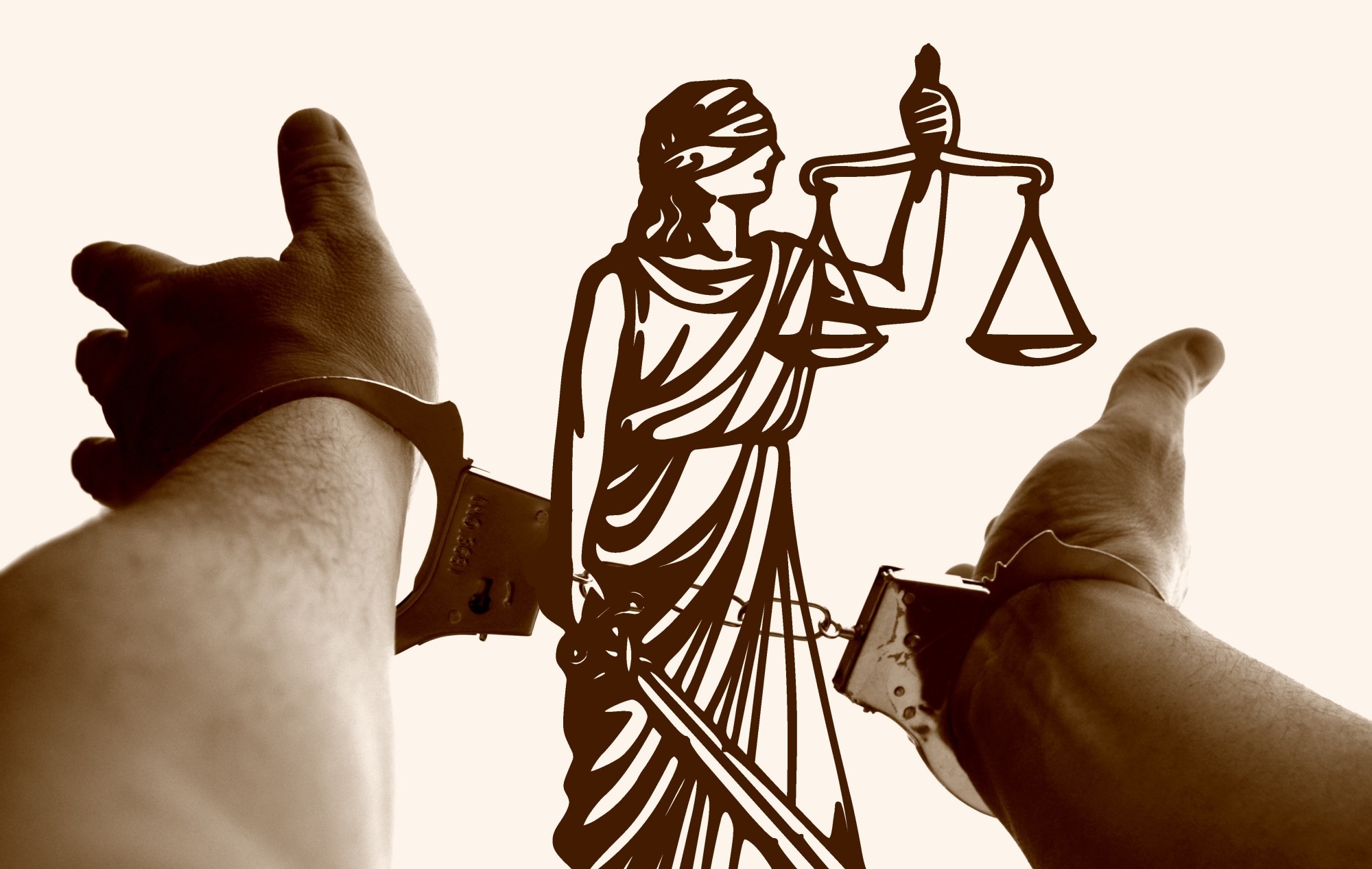
4 Must-Know Facts About the U.S. Criminal Justice System
The criminal justice system is one of the cornerstones of American democracy. It’s how our country works.
Laws are enacted and brought into existence by Congress, and then it is up to the justice system to enforce those laws and see that order is brought across the land.
How much do you know about criminal justice in the United States? What you do know you might have picked up more from courtroom dramas and Law & Order than any real textbook learning. But how does the criminal justice system actually work?
Read on, and we’ll walk you through a few must-know facts about the justice system that will keep you in-the-know about how things work in America.
-
Eyewitnesses Aren’t Always Reliable
If you’ve ever had to put a case together for trial, you’re likely familiar with the idea of eyewitness testimony.
Bringing in a third-party who can speak to the events surrounding the criminal charges in question can be a big help. Oftentimes, these witness testimonies are among the most important evidence presented in a criminal case.
Despite the frequent success of eyewitness testimonies, it’s important to note that these kinds of recollections are often incorrect or at least mildly inaccurate. Honest people who truly do think they’re telling the truth can easily forget details, mix things up in their mind, or come to the wrong conclusions.
You don’t have to look any further than the wrongful convictions and eyewitness misidentifications that the justice system has produced to see where this kind of practice can fall short.
There are rules being implemented in certain states, like New Jersey, where defendants can now attempt to challenge or fight back against certain eyewitness testimonies. This is a seeming acknowledgment of the potential lack of reliability some eyewitness testimonies may bring.

-
Most Crimes Aren’t Even Reported
There are millions of arrests made each year on the basis of criminal charges. However, this only represents a small percentage of the actual crime happening out there across the country.
Of course, not all of this crime is of the most severe nature. In many cases, crimes are committed and go unreported simply because the victim of these crimes didn’t find it worth the trouble to push charges.
In other instances, a victim might not have notified the police at all because they didn’t believe the police would actually do anything. This is the outcome of a lot of petty burglary cases, for example.
In other situations, victims might not report certain crimes because they have fear they won’t be believed. This is certainly the case in many sexual abuse and rape cases. Women are too worried about bringing charges forward against someone and being accused of lying, and so sometimes they don’t say anything at all.
With those situations in mind, it’s important to remember that the cases that do make it through the criminal justice system are only a fraction of what is really out there.
-
There Are Many Different Punishments
We often think of a criminal trial case and a life behind bars as two connected events. However, imprisonment is certainly not the only punishment that faces those who come into the courtroom with criminal charges brought against them.
Instead of (or sometimes in addition to) being sent to jail, a person might have to pay a certain financial punishment to the state. These are punitive and intended to teach the charged individual a lesson. It is supposed to encourage them to avoid doing this kind of crime again.
Financial punishments vary depending on the severity of the crime in question. Certain punishments can reach as high as the hundreds of thousands of dollars.
However, there are less severe outcomes as well. A person charged with criminal activity might be required to do community service instead of serving a sentence. They might be forced to enroll in a program that seeks to rehabilitate their behavior.
There are a lot of different outcomes a criminal court case might provide, and they don’t all require sending the individual to prison.
-
Not All Charges Can Be Brought Forward
There are rules out there when it comes to what kinds of criminal charges can and cannot be brought forward. Offenses are covered by what is known as statutes of limitations.
The statutes of limitations protect citizens from what might be considered unlawful arrest on criminal charges. In the United States, these statutes vary greatly depending on the state in which you reside. What may be legal in one state may be prohibited in another.
In most cases, the limitations revolve around the time periods in which charges can be brought against a person. After a certain time period has passed, a person is immune from having criminal charges brought against them even if they were indeed guilty for the crime in question.
These laws vary by location and by the criminal act in question. For example, in the state of Florida, non-lethal felony charges have a year window in which they can be brought forward. After a year, a person will no longer be able to be charged for that felony crime.

Understanding the Criminal Justice System
If you live in America, then you live by the law enforced by the U.S. criminal justice system. Understanding the above facts can give you a better idea of how the system works and what it means to the everyday individual.
Need more legal advice and information? Keep scrolling our blog for more.




